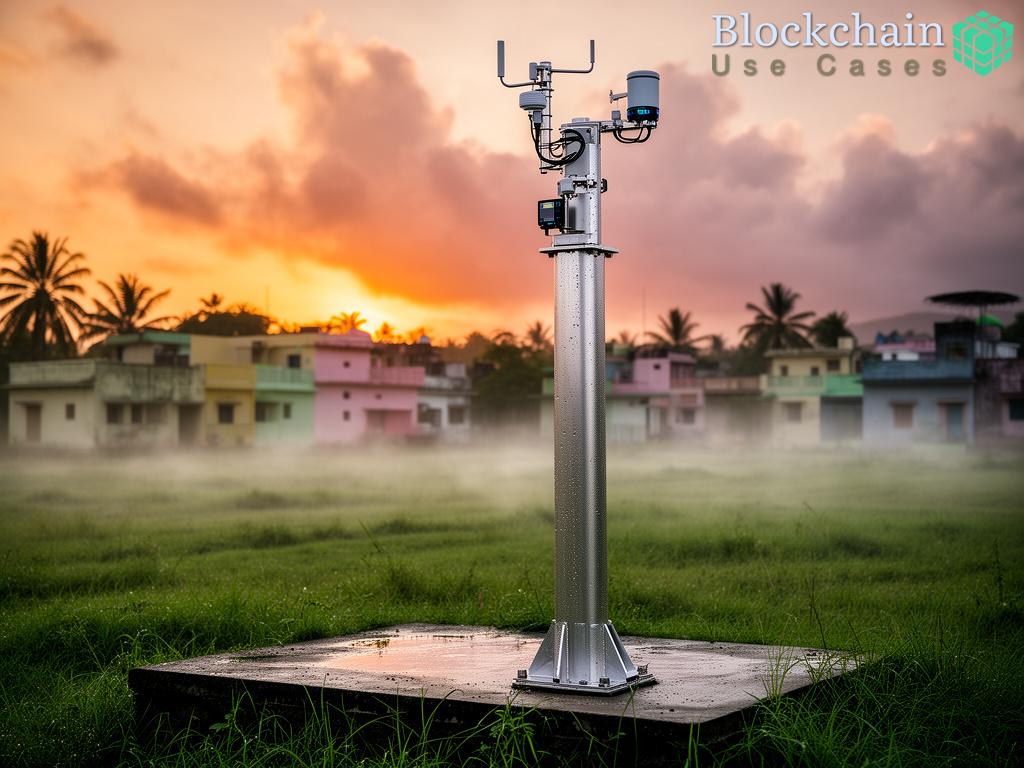The Internet of Things (IoT) is transforming the landscape of technology by connecting devices and facilitating real-time data exchange. However, with this proliferation of connected devices comes the pressing challenge of security. In recent years, blockchain technology has emerged as a formidable ally in addressing the vulnerabilities inherent in IoT edge computing. By leveraging the decentralized and immutable nature of blockchain, organizations can bolster their security protocols and protect sensitive data.
Fortifying Data Integrity with Decentralization

At the core of blockchain technology is its decentralized architecture, which eliminates the reliance on a central authority. This feature is particularly beneficial for IoT edge computing, where devices often operate in environments susceptible to cyber threats. By storing data across a distributed network, blockchain mitigates the risks associated with single points of failure.
Moreover, this decentralization fosters transparency, allowing stakeholders to track data transactions seamlessly. The integration of smart contracts further enhances this by automating processes and ensuring compliance with predefined security protocols.
Enhanced Authentication and Access Control
Authentication is a critical component of IoT security, and blockchain offers innovative solutions to strengthen this aspect. Traditional authentication methods often fall prey to hacking attempts, but blockchain’s cryptographic techniques provide a robust alternative. Each device in an IoT network can be assigned a unique digital identity stored on the blockchain, which facilitates secure communication and access control.
In addition, blockchain enables multi-factor authentication, enhancing the overall security framework. This layered approach not only fortifies the security of individual devices but also ensures that unauthorized access is significantly curtailed.
Challenges and Opportunities Ahead
While the integration of blockchain in IoT edge computing presents a promising frontier, it is not without its challenges. Issues such as scalability, energy consumption, and regulatory compliance need to be addressed to unlock the full potential of this synergy. However, the opportunities for innovation in security protocols are immense.
With continued advancements in blockchain technology, the future holds the promise of creating a more secure and resilient IoT ecosystem. As organizations explore this integration, they must remain vigilant about the evolving threat landscape and adapt their strategies accordingly.
Key Benefits of Blockchain in IoT Edge Security:
- Decentralization reduces vulnerability to attacks.
- Transparency in data transactions fosters trust.
- Smart contracts automate compliance and enhance security.
- Cryptographic authentication provides robust device identity verification.
- Multi-factor authentication strengthens access control mechanisms.





